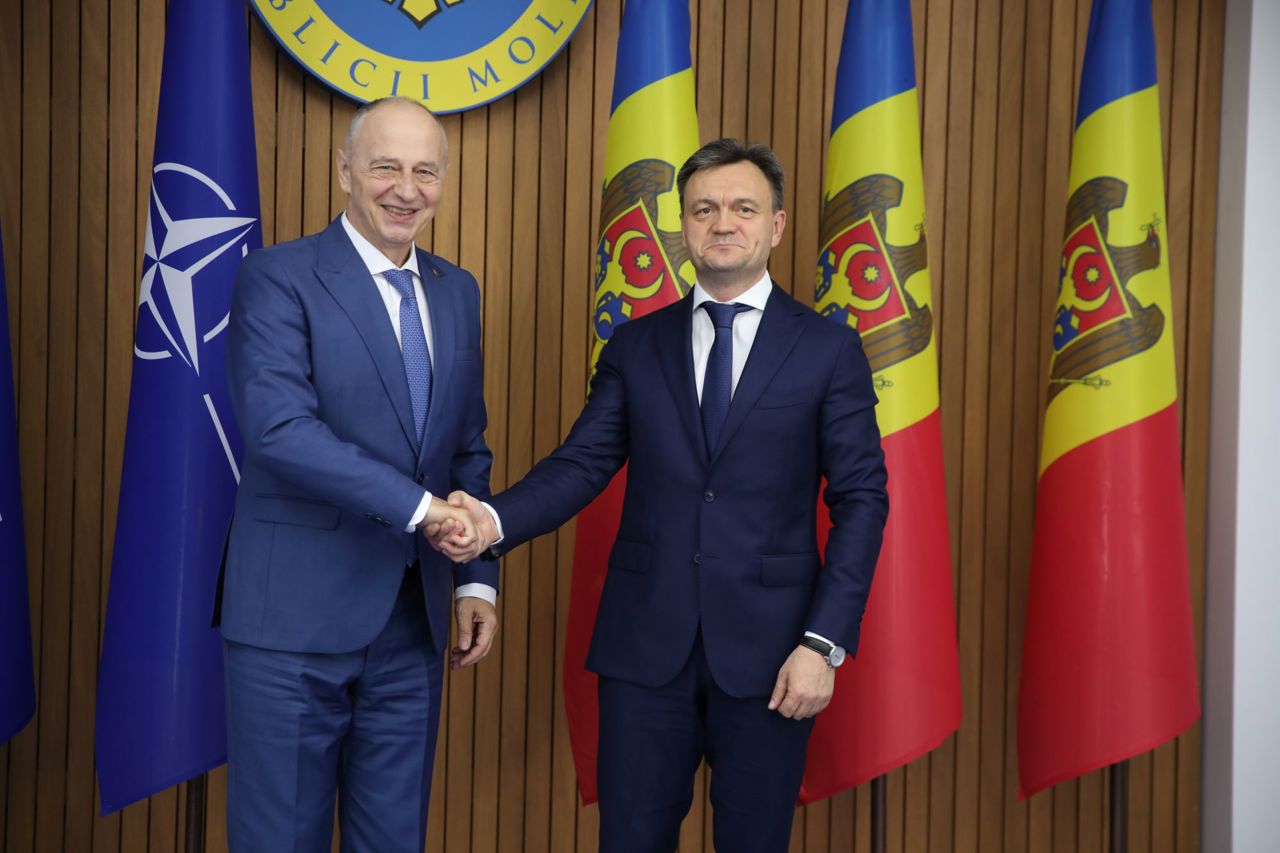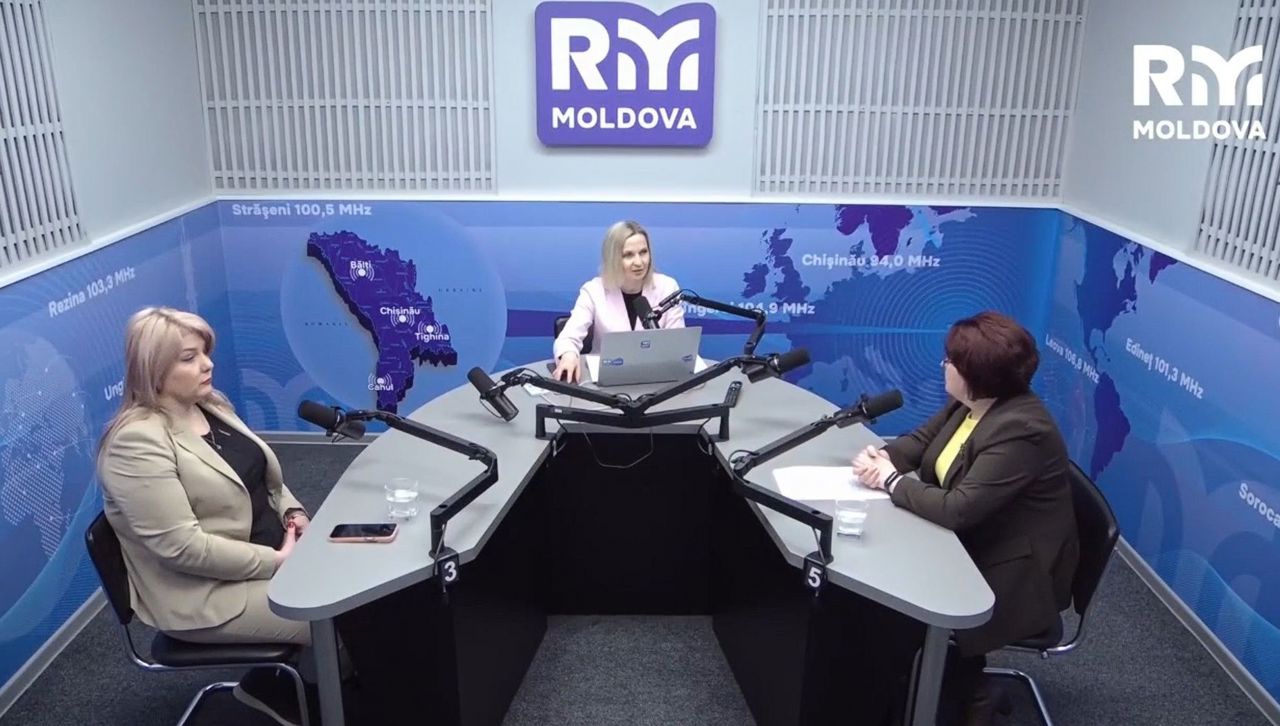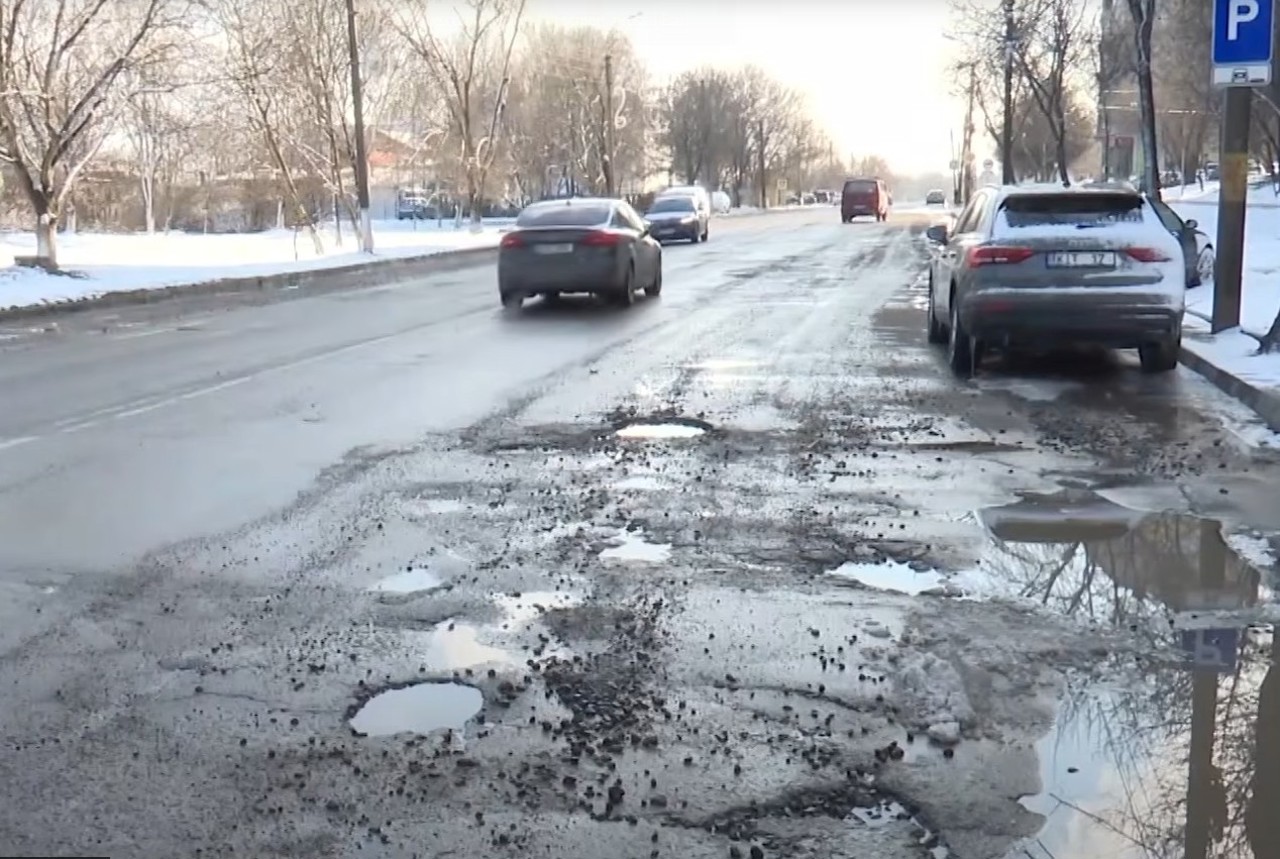Moldova-NATO ties: A dynamic evolution from peace partnership to security imperative
The Republic of Moldova's relationship with the North Atlantic Alliance (NATO) has witnessed a profound transformation since the inception of the "Partnership for Peace" program in 1994.

This program, spearheaded by NATO, coupled with a series of Individual Partnership Action Plans, has been instrumental in bolstering ties between the two entities. Remarkably, NATO's unwavering support has been extended to Moldova without compromising its cherished status of neutrality. In the current geopolitical milieu, with Moldova not facing an immediate military threat, the Kremlin's hybrid warfare tactics underscore the indispensability of NATO support.
The initial interactions between the Republic of Moldova and NATO took root following the nation's declaration of independence, with cooperation gaining momentum, particularly following the resolution of the Transnistrian War.
A pivotal moment occurred on December 20, 1991, in Brussels, when the North Atlantic Cooperation Council (NACC) convened for the first time, with the Republic of Moldova's Minister of Foreign Affairs participating.
Another landmark event transpired on March 16, 1994, at NATO Headquarters in Brussels, marking the inaugural meeting between President Mircea Snegur of the Republic of Moldova and the NATO Secretary-General. This encounter culminated in the signing of the Framework Document of the "Partnership for Peace" program.
Throughout the span of over three decades since gaining independence, Moldova has benefited from NATO member countries' support. This assistance has not only assisted in addressing potential threats emanating from the Russian Federation but has also contributed to the modernization of Moldova's military infrastructure.
Crucially, Moldova's commitment to its neutrality, enshrined in its constitution, has remained steadfast. NATO, in turn, has vigorously championed "the right of the Republic of Moldova to determine its own future and foreign policy course, free from external interference." Furthermore, NATO wholeheartedly respects "the constitutional neutrality of the Republic of Moldova," as unequivocally declared in the final communiqué of the July 2023 Vilnius Summit.
Notably, authorities in Chisinau have underscored that neutrality, in and of itself, cannot guarantee the nation's security. They have pointed to the unfortunate example of Ukraine, which, despite its neutral stance, found itself subjected to a Russian Federation invasion in February 2022. Moldovan officials argue that investments in the military domain are imperative to fortify the nation's defence capabilities, with such partnerships aligning harmoniously with the principle of neutrality. Additionally, they have emphasised that any potential path toward NATO membership hinges on the desires of the Moldovan citizenry.
Translation by Iurie Tataru






